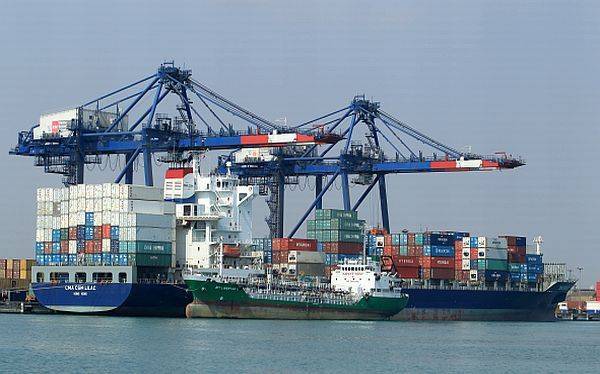New International Maritime Organization (IMO) shipping-container weight regulations are scheduled to come into effect on July 1, 2016. The SOLAS (Safety of Life at Sea) Convention amendments, which require packed shipping containers to have a verified gross mass before being loaded onto a ship for export, are aimed at improving container ship safety. Accurate container weights are extremely important for determining how to properly stow a ship’s cargo, and falsely declared weights can upset cargo balance, resulting in safety problems for the vessel and crew.
Although institution of the new requirements is several months away, some concerns have been raised over who will be responsible for verifying container weights, the infrastructure needed to check loaded container weights, and how the system will be policed. As we value your business with us, we hope the following information helps clarify the new regulations.
What is SOLAS? The first version of the SOLAS treaty was set after the sinking of the Titanic in 1914. It is an international maritime safety treaty applied by the IMO to ensure all ships comply with minimum safety standards in construction, equipment, and operation.
Don’t shippers already have to declare container weights? Although shippers are required to declare container weights on the bill of lading, it is estimated that one-third of the 130 million containers transported each year are overweight. The new regulations will state that all weights are verified using an approved method on approved and accurate weighing equipment.
Who is responsible for ensuring weight is documented? The responsibility for obtaining and documenting the verified gross weight of a packed container lies with the shipper. The verified weight must be signed by a person authorized by the shipper.
How can the weight of a container be obtained? There are two methods by which the shipper may obtain verified gross mass of a packed container. One can either (1) Weigh the packed container using calibrated and certified equipment, or (2) Weigh all the packages and cargo items, including packing materials and the tare weight of the container; then adding all the weights together to provide a verified total weight. More details can be found at this website (which also contains further information about the legislation).
What will no longer be allowed? The vessel operator and terminal operators are prohibited from loading a packed container aboard a vessel for export if the container does not have a verified container weight.
Who is classified as the shipper? The individual whose name appears on the bill of lading or the transport document will be treated as the shipper, and will be legally responsible for declaring the verified container weight. Also, any company that exports goods by ship could be classed as the ‘shipper’, regardless of whether they use a third party to actually move the goods.
How will this rule affect me? If you are a seller, you must ensure you don’t overweight the containers. Penalties for violating the new weight verification requirements will range from $600 to $12,000 CAD per infraction. The rule of thumb is: don’t load above 80,000 lbs gross weight. If you are a customer you should expect a slight increase in your freight rate. While we always work to offer you the most competitive freight fees, there are some circumstances external to us that we cannot control.







